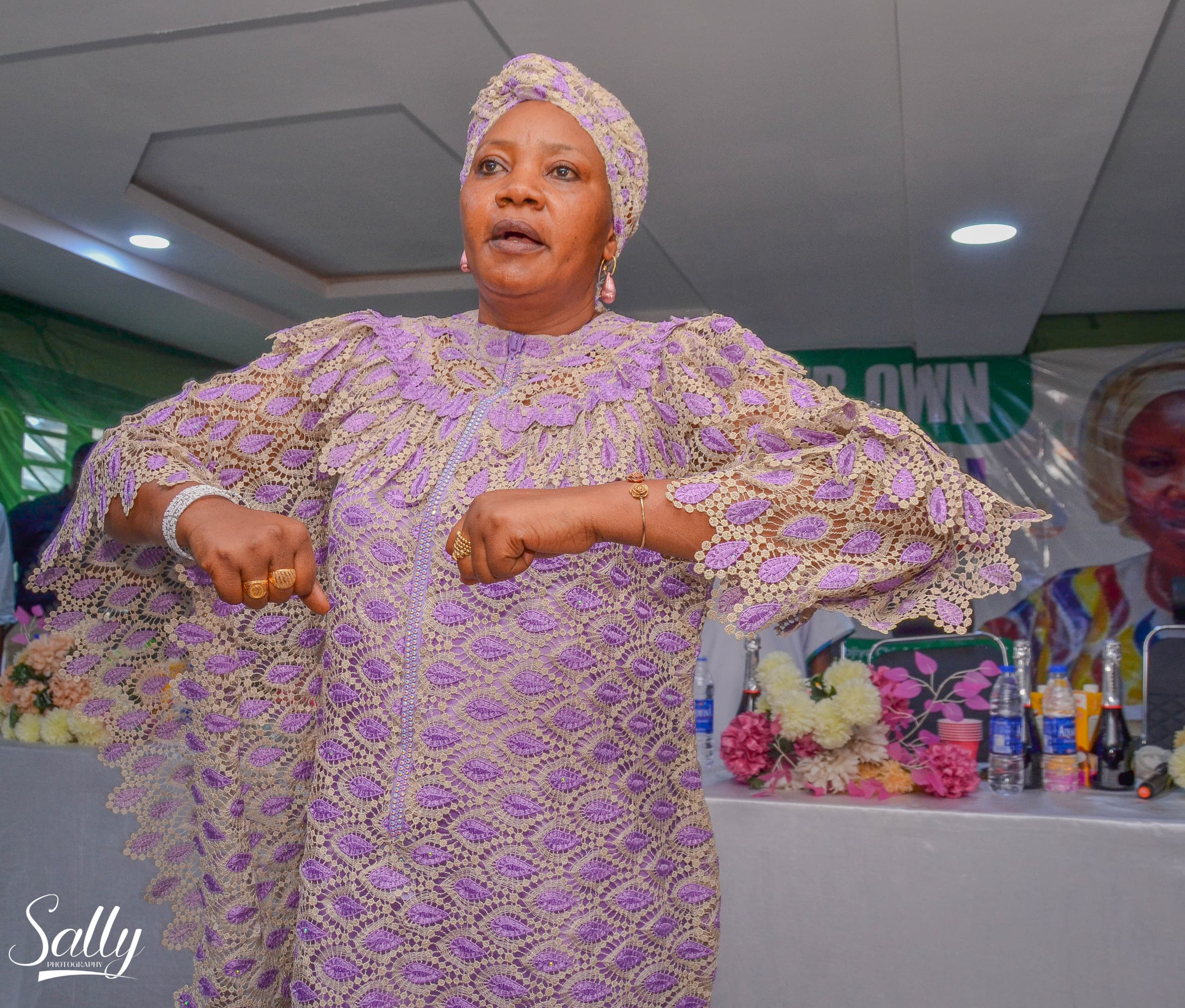Since President Bola Tinubu signed the new national minimum wage of N70,000 into law on the 29th of July 2024, up from the previous N30,000, many state governors have already started implementing the N70,000 wage benchmark and some are even paying above the federal government. Governors from northern states which are considered as poor are also eagerly paying the new minimum wage.
However, Governor Hyacinth Alia of Benue State is not showing any interest and is refusing to even talk about the possibility of the Benue State Government implementing the new minimum wage any time soon. This is despite his administration receiving monumental monthly federal allocations which have quadrupled since the removal of oil subsidy last year.
In addition to the huge monthly allocations, there are numerous grants and other interventions from the federal government as well as international organizations. Alia has also taken billions of loans local and foreign, yet, no one knows where the money is going.
Niger State receives approximately the same amount of federal allocation as Benue State, yet, Governor Umaru Bago has implemented the new minimum wage and taken it to N80,000 for civil servants in both state and local government, effective this month (November 2024).
Gombe State workers have joined the growing list of civil servants whose governors have implemented the new national minimum wage. Governor Inuwa Yahaya has since approved a new minimum wage of N71,451 for state civil servants and local government employees. Gombe gets far less than what Benue State receives as monthly allocation.
Governor Dapo Abiodun of Ogun State whose state also receives federal allocations less than Benue State has approved N77,000 as the new minimum wage for Ogun State civil servants, with immediate effect.
The Kaduna State Governor, Uba Sani, has approved a new minimum wage of N72,000 for civil servants in the state, effective November 2024.
Civil servants in Kogi State are already smiling as Governor Ahmed Ododo has also approved N72,500 as the new minimum wage for state workers across board.
Nasarawa State Governor, Abdullahi Sule was one of the first governors to agree to implement the N70,000 new minimum wage for workers.
Governor Umar Namadi of Jigawa State has also approved the N70,000 minimum wage for the state’s civil servants.
Almost all other northern governors who receive far less than what Benue governor Alia receives have since implemented the new minimum wage in their states.
Governor Peter Mbah of Enugu State who gets approximately the same amount as Benue State has approved N80,000 as the new minimum wage for state workers, effective October 2024.
Benue workers have only been reading the news of such approvals and implementation of the new minimum wage in other states and salivating. They can only imagine the joy in the hearts of workers in such states.
Governor Alia’s apparent indifference toward implementing the wage increase stands in stark contrast to the proactive measures being taken by his peers.
The economic landscape in Benue State is marked by hardship. Many workers are struggling to make ends meet, grappling with rising costs of living and inflation that erodes their purchasing power. With this new minimum wage, there exists a crucial opportunity to not only alleviate some of the financial burdens faced by these workers but also to inject vitality into the local economy. By failing to engage with the implications of this wage increase, Governor Alia is neglecting his duty to advocate for the well-being of the workers, many of whom depend on fair compensation for their labour.
It is particularly concerning that Governor Alia, despite benefiting from substantial monthly federal allocations since taking office, has chosen to remain silent on the implementation of the new minimum wage. This silence is not merely an oversight; it is a glaring indication of a lack of commitment to the plight of Benue workers. In contrast, other governors have recognized the urgency of the situation and have acted swiftly to ensure their citizens are not left behind. By resisting discussions around the minimum wage, Governor Alia is sending a disheartening message that the welfare of Benue workers is not a priority for his administration.
The implications of his inaction extend beyond the immediate financial relief that a higher minimum wage could provide. It reflects a broader attitude towards governance that prioritizes complacency over accountability and responsiveness. By failing to implement the new wage, Governor Alia risks deepening the economic divide and perpetuating the cycle of poverty that many in his state are striving to escape.
Benue people did not vote for Alia to be flying in private jets and traveling abroad every other week for fanfare and other wasteful activities. His deliberate disregard for the workers will come back to haunt him.
Signed:
Aloysius Gbakaan
President, Alliance for Truth and Justice (ATJ)










